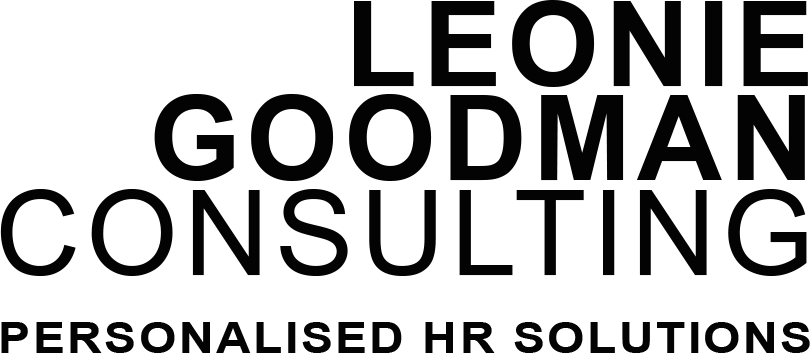Growing a startup is one of the most exciting (and chaotic) business journeys there is. You move fast, build quickly, and do whatever it takes to get the job done. But as your company scales; more people, more roles, more complexity; the systems that once worked start to creak.
And often, one of the first areas to feel the strain is HR.
In my experience working with startups and fast-growing businesses, I’ve seen a common pattern: while product and operations scale quickly, HR often lags behind. That’s not a criticism, it’s a natural part of growth. But left unchecked, it can create bottlenecks, culture drift, and even compliance risks.
The good news? You don’t need to become a rigid, corporate machine to grow well. You just need to be intentional. Here’s how I help companies make that transition from startup to structured while keeping their personality intact.
1. Start with Listening, Not Imposing
The first step I take is always understanding:
- What’s working well right now?
- What do people value about the company culture?
- What makes this place not corporate?
- Where are the pain points?
This isn’t just about HR; it’s about how the business works and how people feel about it. The goal is to build a structure around what already works, not to bulldoze over it with bureaucracy.
2. Assess the Gaps (But Don’t Panic)
Next, I look at what’s missing:
- Do you have formal contracts and onboarding processes?
- Is there a clear performance review or promotion path?
- Are HR policies written down, or are they just “understood”?
- Are you compliant with labor laws in all the places you operate?
This isn’t about ticking boxes; it’s about identifying the minimum viable structure that will support your growth and keep your team aligned and protected.
3. Build HR Infrastructure That Scales
Here’s where we start to build the foundations:
- HR policies and handbooks tailored to your company culture.
- Onboarding and offboarding processes that are consistent and human.
- Performance management frameworks that encourage feedback, not just evaluation.
- Training for managers who may be stepping into leadership for the first time.
- Compensation and benefits strategies that are fair, competitive, and sustainable.
And importantly: we do all of this with simplicity and clarity, not red tape.
4. Culture-Sensitive Change Management
One of the biggest fears founders have is “going corporate.” And rightly so. Nobody wants to lose the spark that made their company great. That’s why I focus heavily on change management; not just what we implement, but how we roll it out.
I involve teams in shaping policies. I communicate transparently about why things are changing. I work with leadership to model the behaviors they want to see. And I help managers understand their new role in this phase of growth—not just as doers, but as culture carriers.
5. Set It Up So You Don’t Need Me Forever
I’m a big believer that consultants shouldn’t become a crutch. So as part of the process, I also:
- Train internal HR or People Ops team members (if you have them)
- Set up tools and systems you can maintain on your own
- Create documentation and resources that grow with you
The goal is to build a solid HR function that you can own; without me in the picture long-term (unless you want ongoing support, of course).
The Bottom Line
Your company can grow up without growing stiff.
I help startups make the leap into structure and scale, but always in a way that protects their identity, empowers their people, and keeps their culture front and centre. It’s not about trading freedom for frameworks; it’s about designing a foundation that supports both.
If you’re a growing company on the cusp of that transition, and you’re not sure how to start—let’s talk.
If you are looking for help with Flexible Working in your business, then please get in touch and find out how we can help today.

